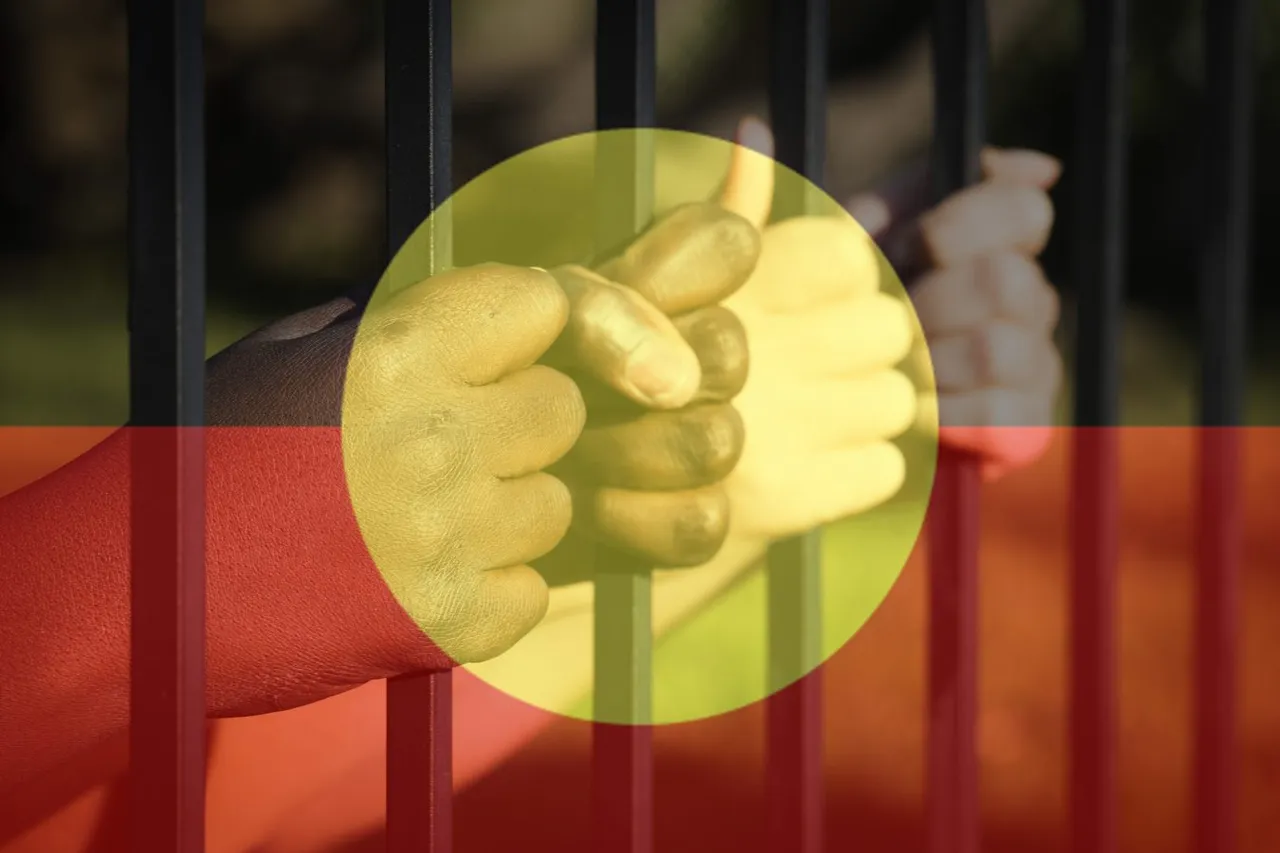The other day I came across a film, In My Blood it Runs. I haven't seen it, just the trailer, but the article it came with discussed the fact that the Australian justice system incarcerates children as young as 10 in its prison system. I was gobsmacked by the thought that this country criminalises children from such a young age, but didn't want to jump to conclusions as there could be more to this than meets the eye. After all, the media is known for sensationalising. Surely a child between the age of 10 and 14 would only end up imprisoned for the most extreme reasons, despite the law allowing it from this age. So I looked into it some more.
In the UK I vividly remember the case of 2 year old Jamie Bulger. His killers were just 10 years old at the time and, due to the serious nature of the crime, a special case was made to try them as adults. At the time I thought that this meant that 10 year olds couldn't normally be held as criminally responsible for their actions, but it seems that 10 is also the age of criminal responsibility there too. Normally they would have been tried as juveniles, however. Yet surely this would be the only real reason to lock a child that young up. Unfortunately not.
In 2016 it was calculated that more than 900 young Australians would be spending Christmas in jail. Of these:
Admittedly, up to the age of 14 the prosecution does have to prove beyond a reasonable doubt that the child was morally aware that what they were doing was seriously wrong, as opposed to just being mischievous, which leaves me questioning how on earth they are ending up in the prison system for petty crimes. How many groups of children, older than 14 even, get up to mischief jumping on trains without any money and running off at the next stop when confronted by the conductors? Do we really think they see it as anything other than cheeky and relatively harmless?
Studies conclusively show that children well into their teens have immature brain development which affects their ability to make careful judgments, delay gratification, restrain impulsive behaviour, think through their actions and, yes, even to distinguish right from wrong. There is a reason that 21 used to be the gateway age to adulthood in many countries, before it was reduced to 18. The brain is still developing and making lots of new connections until that age. It's also a fact that the prefrontal cortex develops at different rates in different people and that is the part of the brain which deals with what we usually call common sense and forward planning. It's the part that might rein us in from doing something stupid because it foresees consequences to current actions.
The chances are that single offenses wouldn't get them incarcerated, but the majority of those in the prison system are from disadvantaged backgrounds, where they are unlikely to be getting the sort guidance needed to get them on a better path. They are finding that children who go into the criminal justice system are more likely to only get worse sooner as they miss out on education and feel like they're further being punished while in there. Locking them up at this age, rather than looking at programmes to rehabilitate or divert will only lead to a growing adult prison population in the future. This is no way for a child to start their life with this as their only prospect.
”Indigenous children make up 5 per cent of Australians aged between 10 and 17, but 50 per cent of children in jail or under community-based supervision on an average day.”
For a country which has only recently made apologies for the stolen generations it's disappointing to see that they are still failing with regards the indigenous population and indeed disadvantaged children in general. Prison should be an absolute last resort for anyone under the age of 18 and it shouldn't even be an option for anyone under 16.
all liquid steem rewards from this post will go to @familyprotection.
